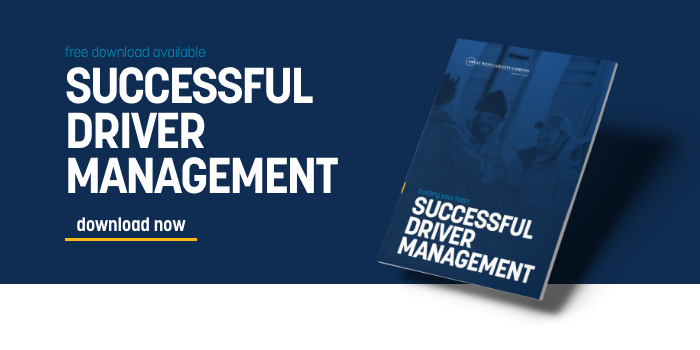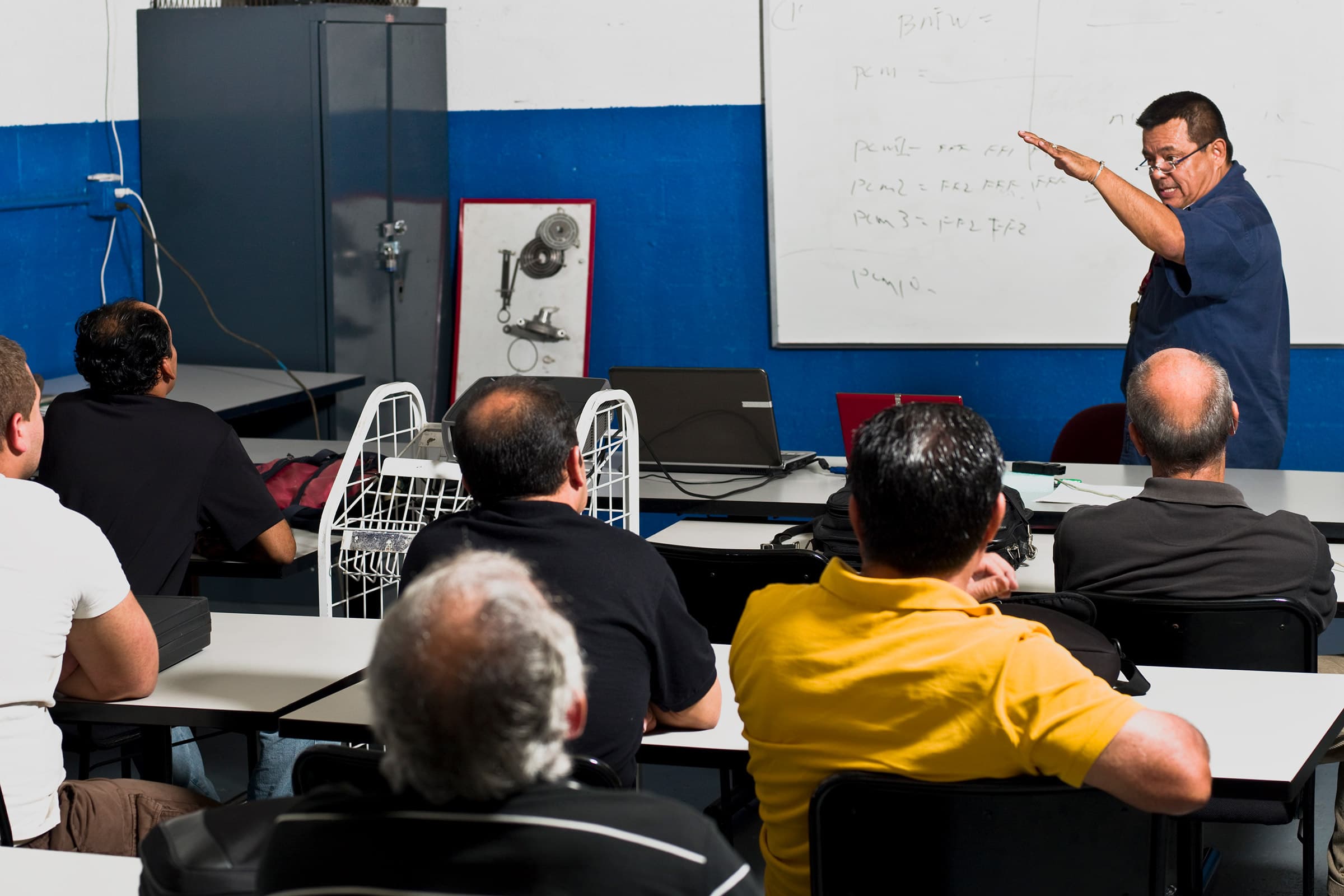What if Culture is Not Your Problem?

When a motor carrier starts seeing a trend in vehicle crashes, employee injuries, or even turnover, it is easy to look at the company’s culture as the cause and the cure.
All too often, senior leaders look to create the right environment in the hope that it will bring the results they seek. In truth, one cannot directly fix a culture. Culture change comes as the result of making operational changes, sometimes involving painful decisions that affect processes, procedures, personnel, and even the company’s leadership team.
Case in point: imagine a small motor carrier growing from its humble beginnings as a family-owned operation or perhaps a single-unit owner operation to a bigger operation. Early on, it is easy to establish a culture that mirrors the owner’s values and beliefs. However, as the company grows, the owner takes on new responsibilities. Growing the fleet means adding employees, supervisors, and managers, and creating new departments. Adding to this challenge, the owner has to delegate.
Change is essential for all organizations to survive. If the status quo is not working in your organization, here are some tips to making operational changes that can bring about a culture shift.
FronT LINE DECISION-MAKING
One way to change a top-down culture is to start involving front-line employees in the decision-making process.
For instance, involving drivers, mechanics, and dispatchers in operational decisions is a great way to build trust and gain buy-in because these employees were involved in providing the solution. Front-line employees may have a better idea of which changes are needed and how to go about making them.
EMPLOYEE TRAINING
Organizational silos, the invisible (and/or sometimes physical) walls put up to segregate departments from each other or even separate management from employees, are culture killers. Silos restrict communication and can lead to animosity and decreased morale.
One way to tear down those silos is to start cross-training employees, especially those who are closest to customers. Every employee should know the products and services provided by your company. Having even a general awareness of the company’s offerings equips employees to better serve customers, improve communication, and foster teamwork.
PERFORMANCE MEASURES
Becoming a performance-minded organization can change a culture quickly. For example, doing something as simple as recording every vehicle-related incident is huge. It is easy to forget about a minor fender bender, especially if the cost was relatively low. However, those minor incidents can add up over time, and it becomes easier to see that a bigger problem exists.
Develop metrics to start measuring the company’s performance. From Safety Measurement System results to fuel economy, measuring performance allows the organization to set goals and determine if those goals are achieved. As goals are met, new standards can be set, and over time you will see the organization change.
Note: These lists are not intended to be all-inclusive.
The information in this article is provided as a courtesy of Great West Casualty Company and is part of the Value-Driven® Company program. Value-Driven Company was created to help educate and inform insureds so they can make better decisions, build a culture that values safety, and manage risk more effectively. To see what additional resources Great West Casualty Company can provide for its insureds, please contact your safety representative, or click below to find an agent.
© Great West Casualty Company 2020. The material in this publication is the property of Great West Casualty Company unless otherwise noted and may not be reproduced without its written consent by any person other than a current insured of Great West Casualty Company for business purposes. Insured should attribute use as follows: “© Great West Casualty Company 2020. Used with permission by Great West Casualty Company.”
This material is intended to be a broad overview of the subject matter and is provided for informational purposes only. Great West Casualty Company does not provide legal advice to its insureds, nor does it advise insureds on employment-related issues. Therefore, the subject matter is not intended to serve as legal or employment advice for any issue(s) that may arise in the operations of its insureds. Legal advice should always be sought from the insured’s legal counsel. Great West Casualty Company shall have neither liability nor responsibility to any person or entity with respect to any loss, action, or inaction alleged to be caused directly or indirectly as a result of the information contained herein.





